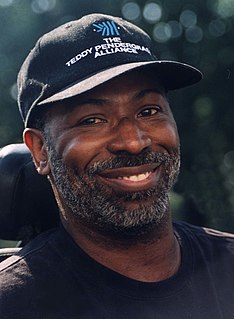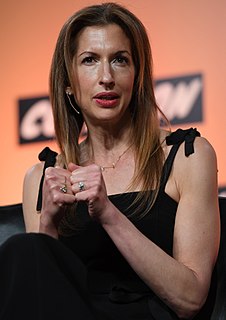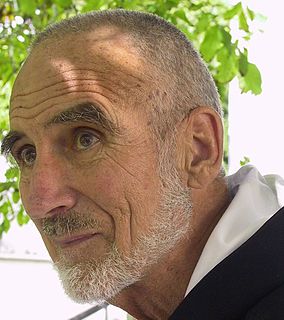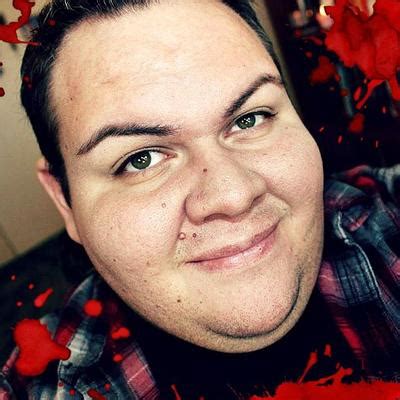A Quote by Paul Auster
I don't know why I write. If I knew the answer, I probably wouldn't have to. But it is a compulsion. You don't choose it, it chooses you. And I wouldn't recommend it to anybody.
Related Quotes
I didn't choose to be white, I didn't choose to be male, I didn't choose to be heterosexual, I didn't choose to be right-handed. Those are the givens of life. And I don't know why the church can't deal with that, why they can't understand that. Well, I do know why: because people are always afraid of anybody who's different.
I have been asked so many times why I live a green life, why water conservation, why getting wells in places, why work with water organizations, why conserve water at home with double-flush toilets, why I tell my daughters, "Turn off the tap" so much. Sometimes I want to say, "I wish I knew the answer." My answer really is: I don't understand why everyone doesn't feel this way.
I don't know why I write. The honest answer is that I don't have an answer. I wouldn't die if I couldn't write fiction. Actually keel over and die - it's unlikely. But quite quickly writing has come to feel like the only thing I really know how to do. And I go a bit stir crazy if I don't write more or less every day. But that makes writing sound like a mood-regulator, a way to regulate anxiety or depression, and it doesn't really come down to that.
When I decided to write about my brother and friends, I was attempting to answer the question why. Why did they all die like that? Why so many of them? Why so close together? Why were they all so young? Why, especially, in the kinds of places where we are from? Why would they all die back to back to back to back? I feel like I was writing my way towards an answer in the memoir.
Among the many things that profoundly impress me about the Dalai Lama, quite high up on the list is his ability to say "I don't know". I've often wished that other people in prominent positions wouldn't feel the compulsion to have an answer for everything and would feel equally free to say "I don't know." It's a sign of wisdom to know that you don't know and a sign of stupidity to think that you know everything. I admire it enormously in him, and wonder why so few people in leading positions reach that stage.



































